If you want to talk about popular anime today, it’s only a matter of time until Demon Slayer is brought up. The anime premiered in 2019 to thunderous praise and has quickly become one of the most popular franchises of the past decade. The manga the show is based on has sold over 150 million volumes, making it one of the most successful Shonen Jump series of all time. You just need to go to a convention and you’ll find people by the dozens cosplaying a myriad of Demon Slayer characters.
I got into the series during the pandemic and quickly read all of the manga. Whether it’s the manga or the anime, the story excels at showing some incredibly well choreographed fight scenes and hitting some highly emotional and poignant climaxes for its arcs. Fans from all around the world were clamoring for more Demon Slayer content, and it was only a matter of time until the show received a third season adapting the “Swordsmith Village Arc” of the manga. The third season premiered in April, though there was an early theatrical screening of the season in March, and since then my thoughts on Demon Slayer have shifted considerably. At the beginning of the season, I was eager to see the next leg of Tanjiro’s journey. Now, on the cusp of the third season finale, I couldn’t care less about what happens next.
It’s a sudden shift, but it’s one that I’m not really all that surprised about. Last year I said that Demon Slayer was one of the best shows of the year thanks to its bombastic “Entertainment District Arc.” I’ve reached the point where after two seasons and a feature film, which happens to be the highest-grossing Japanese film of all time, I’ve seen everything that the show has to offer. I know all of the tricks that Demon Slayer likes to use, and I’ve grown bored of them. While there are some anime series that are constantly adapting and developing with the times, like with Bleach: Thousand-Year Blood War when compared to its earlier seasons, Demon Slayer is not one of them. It’s fundamentally the same show it was back in 2019. Because of that, it’s grown stagnant.
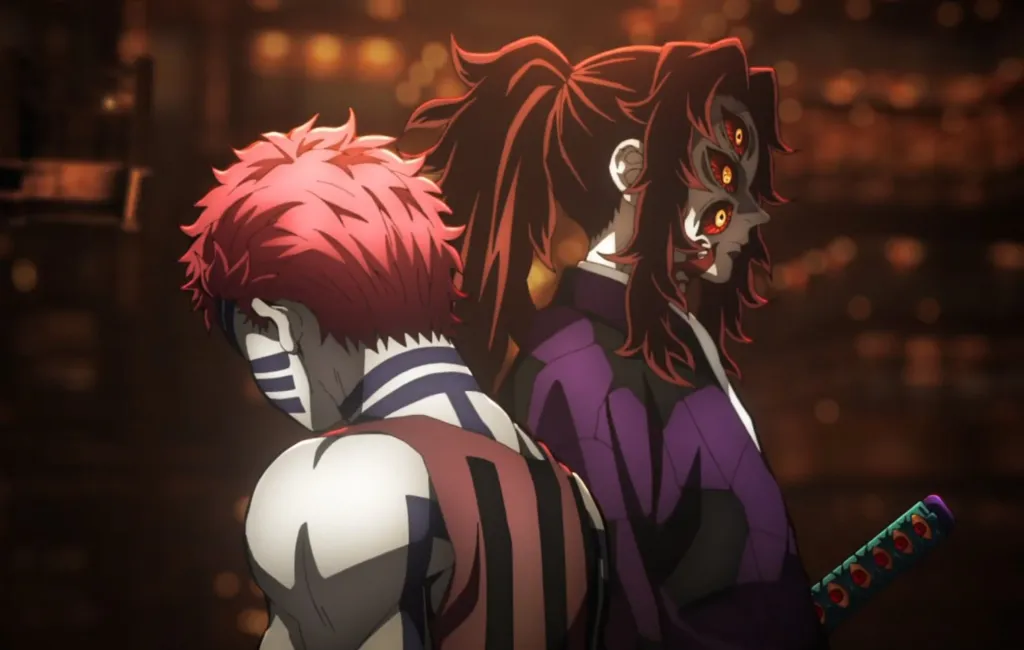
It’s hard for a series to reinvent itself after so long, especially when the series focuses on doing one element really well. In the case of Demon Slayer, melodramatic action is its forte, and it will try to build its major beats around that. When the first season debuted, those moments were flooring and had viewers talking about each episode every week. But as new seasons debuted and the show continued to use the same techniques, those moments began to lose their luster. We’ve seen Tanjiro be senselessly beaten before. We’ve seen the sympathetic backstories. We’ve seen the over-the-top yelling and the simplistic animation for comedic effects. We’ve seen the single scene in each season where the villain is defeated with Ufotable pouring every cent of its budget into that one specific moment. By this point in the show’s run, it’s effectively recycling everything that it’s done before with little variation.
The issues with the Swordsmith Village Arc go just beyond familiarity. There’s supposed to be a plot here, one that over time has become increasingly irrelevant. In the beginning, Demon Slayer had a clear and strong emotional core to hook viewers. Our protagonist Tanjiro had his sister turned into a demon and was trying to find a way to turn her back into being a human. But as the series has progressed, the show has become less about the relationship between Tanjiro and Nezuko and his efforts to save her, and more about the supporting cast and their histories. While developing a large supporting cast is to be expected the longer a show runs, the fact that Tanjiro’s arc has been inactive makes him a boring protagonist. That’s not helped by giving him a new supporting cast with little established relationships to work off of.
The Swordsmith Village Arc saw the removal of longtime supporting characters Zenitsu and Inosuke, two loud and brash characters that polarize fans due to their personalities. Despite their sometimes aggravating presence in the narrative, they were at least unique and at this point have a well-established dynamic with Tanjiro. In the Swordsmith Village Arc, we’re introduced to many new characters for what is ostensibly the first time, setting us back to square one with new repores that aren’t given enough time to develop. We meet the Mist Hashira, Muichiro, the Love Hashira, Mitsuri, and Genya, the younger brother of the Wind Hashira. Technically we did meet all of these characters earlier in the series, but they were just casually introduced with the expectation that they would be developed later. And now that we’ve reached that point, their backstories are underwhelming and repetitive.
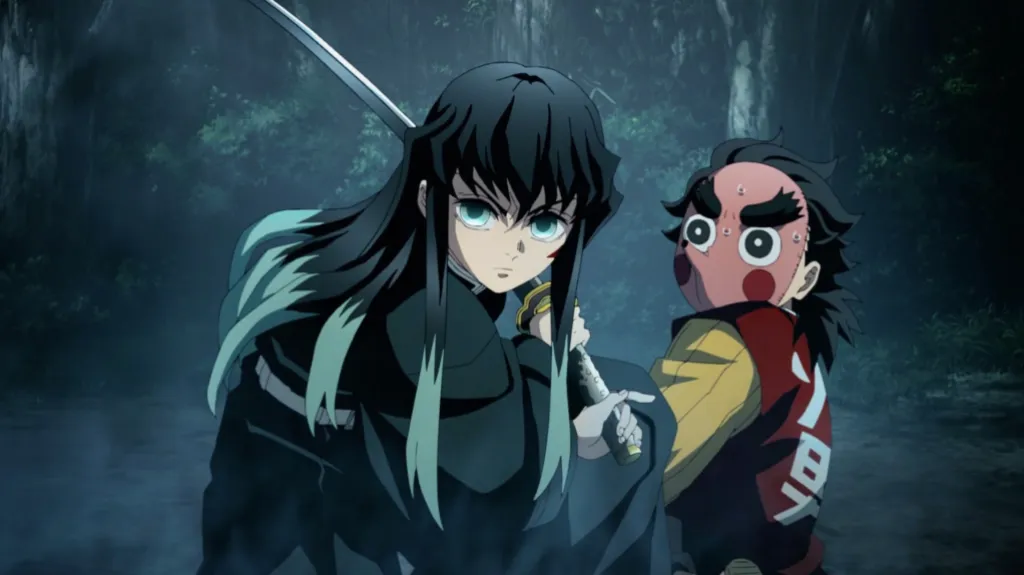
Muichiro and Genya are both tragic characters who were forced into action over the death of their loved ones. Both of them hate the fact that they are drawn into fighting and both feel unbridled rage towards the demons for what they’ve done to their families. While their personalities may be different — Genya is more openly angry while Muichiro is as expressive as drywall — their backstories share so much in common that when we get two episodes dedicated to fleshing them out, it feels like we’re watching the same story twice. Mitsuri at the very least has a chipper personality and decent comic relief bits to distinguish her from the other new characters.
With so much time spent focusing on the new cast, the pacing of the arc is all over the place and feels haphazard. The first episode of the season is a double-length premiere that spends most of its time catching up with our villains. The rest of the episode then establishes the general goal of the arc, that being Tanjiro getting a new sword. Then there are two episodes of downtime before the next eight episodes are dedicated to two entirely different fight scenes. Not only that, four of those eight episodes are flashbacks to establish the new cast, with three of them occurring back to back. It grinds the central conflict of the arc to a screeching halt. Not even the villains have much time to get development, something that was a strength of the first season. This is decompressed storytelling at its worst, and it just left me bored week after week. It should not take this long to adapt this little manga. It leaves the plot feeling emaciated when so little forward momentum actually happens from episode to episode.
None of this should be surprising to any viewer. This is a shonen series after all. They are known for their glacial pacing at times, but at the very least shows like One Piece, Dragon Ball Z, My Hero Academia, and Dr. Stone know when to vary things up. Demon Slayer used to have some subversive moments within it to keep viewers engaged. The big bad guy was introduced in the second episode. The main supporting character of the Mugen Train film died at the end despite not really being given a chance to develop. The Swordsmith Village Arc robs the series of the few subversive traits it had in favor of a conventional action series with stunning animation.
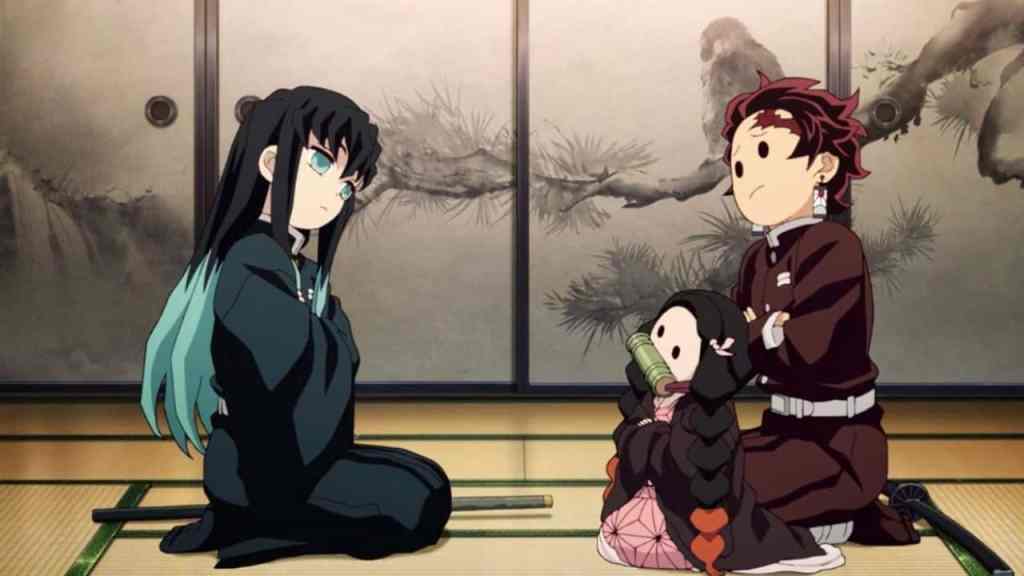
And for some that may be enough. Lord knows I love to just turn my brain off and watch some slick animation. But cutting-edge animation will only be cutting-edge for so long. Better animation will rise, and when those shows surpass Demon Slayer, it will have nothing to fall back on other than its weak story, overly familiar characters, and padded-out runtime.
It would be easy to claim that my feelings towards Demon Slayer are a blowback to its popularity. The series is still one of the most watched shows of each anime season, and volumes of the manga are being bought ad nauseam. But I don’t think I’m alone in my thinking.
I mentioned earlier that when the third season premiered, it had a theatrical release and many fans were left disappointed by it. Sure, one aspect of the disappointment was almost certainly that this “film” stitched together the last two episodes of the second season to the season 3 premiere, but there were some fans who were disappointed at how little new content was shown. I’d like to think that those fans who went into the theater to see the premiere instead walked away realizing that Demon Slayer’s decompressed nature is starting to interfere with the quality of the show.
Not much can be done at this point. When the third season concludes, there will only be about eight volumes left of the manga to adapt, which can be done in probably two seasons at the pace the show is going. The final arc is next, and it’s almost all action. Demon Slayer will still stick to its tropes, and it will still try to develop new characters with similar tragic backstories. Nothing will change. But I’m no longer interested in the show anymore. I’ll watch it, but unless something changes in the next season of the show, it will be out of obligation rather than enjoyment.

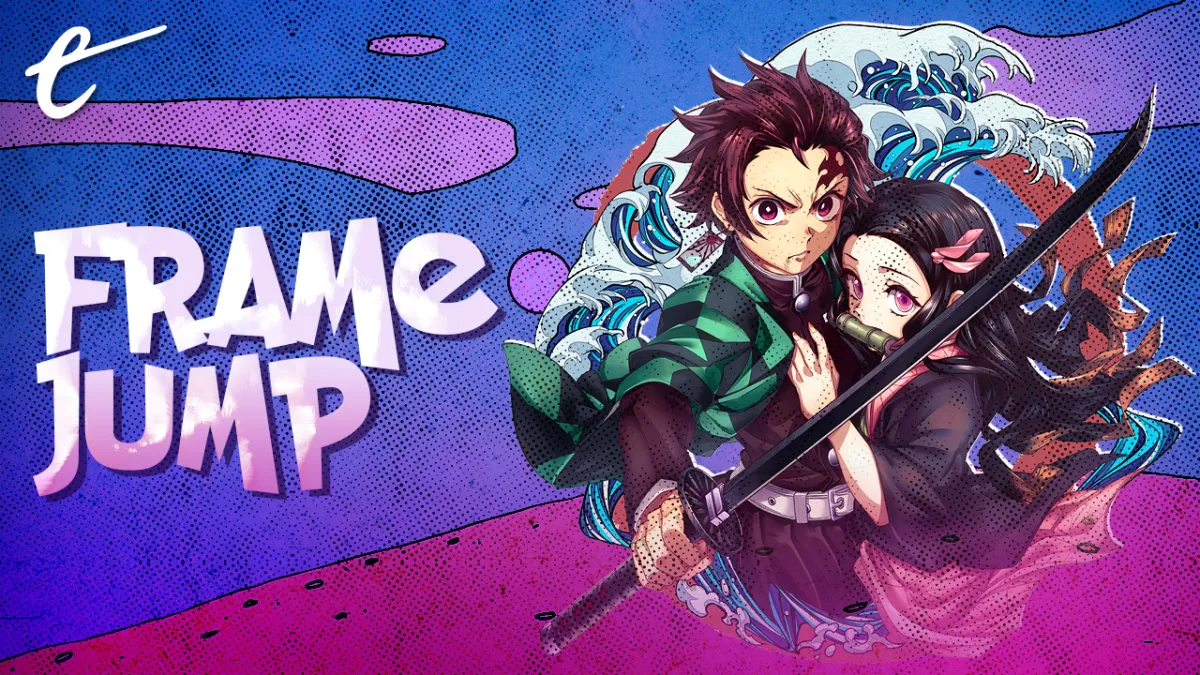




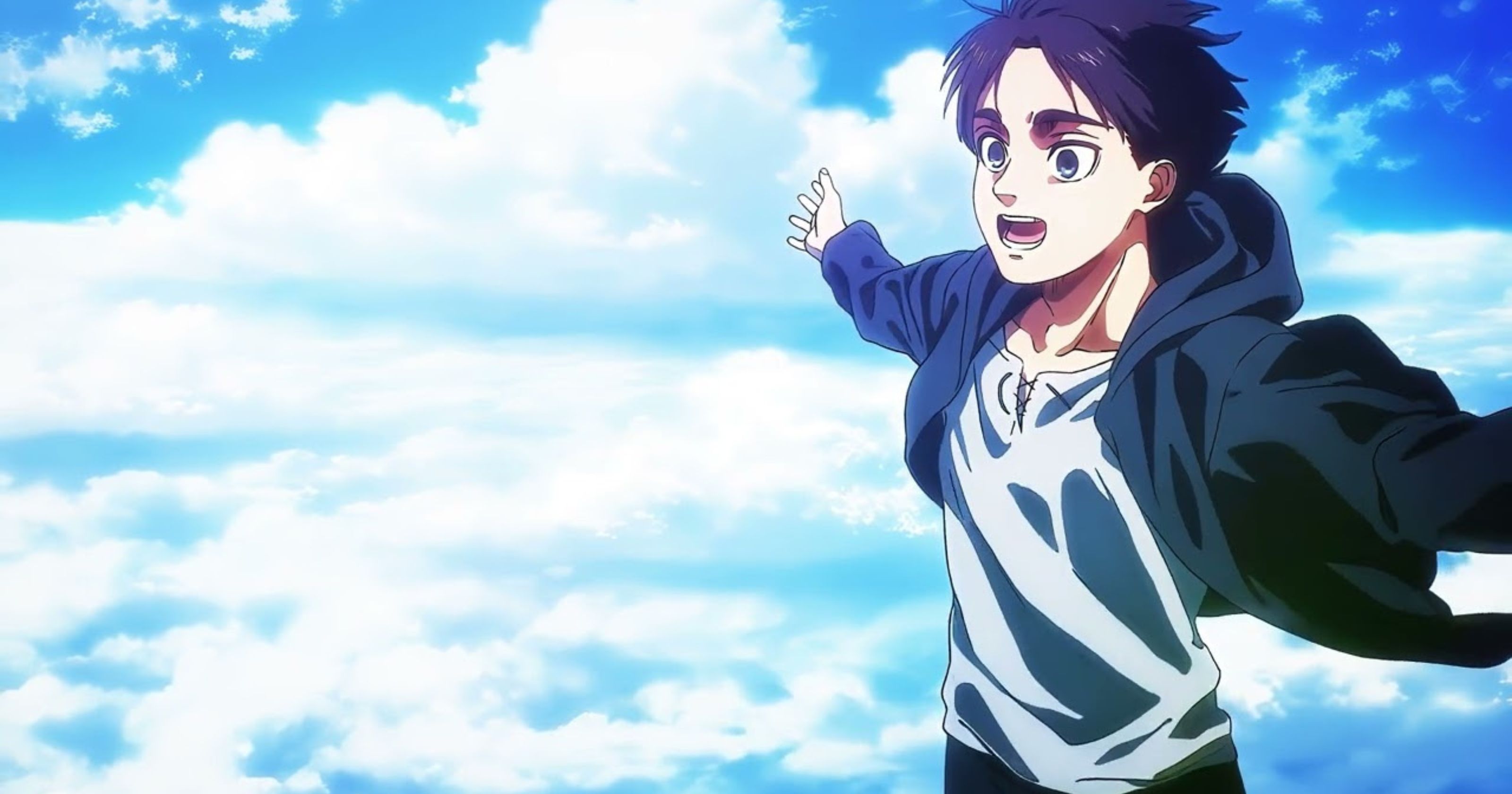
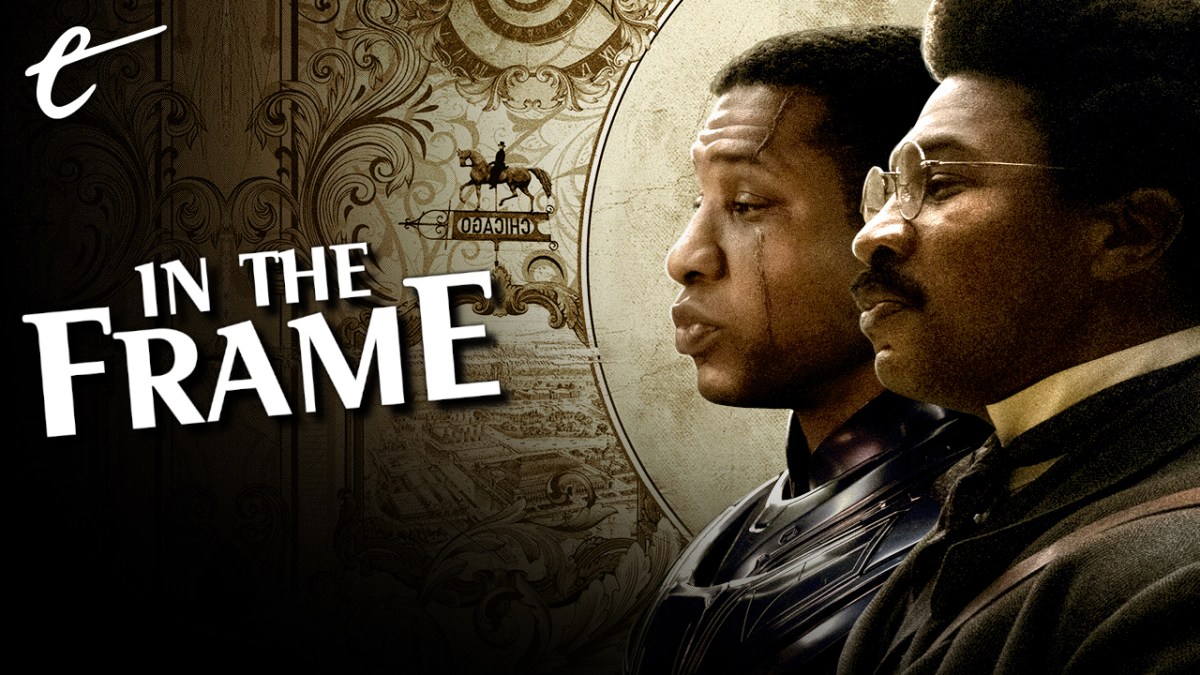

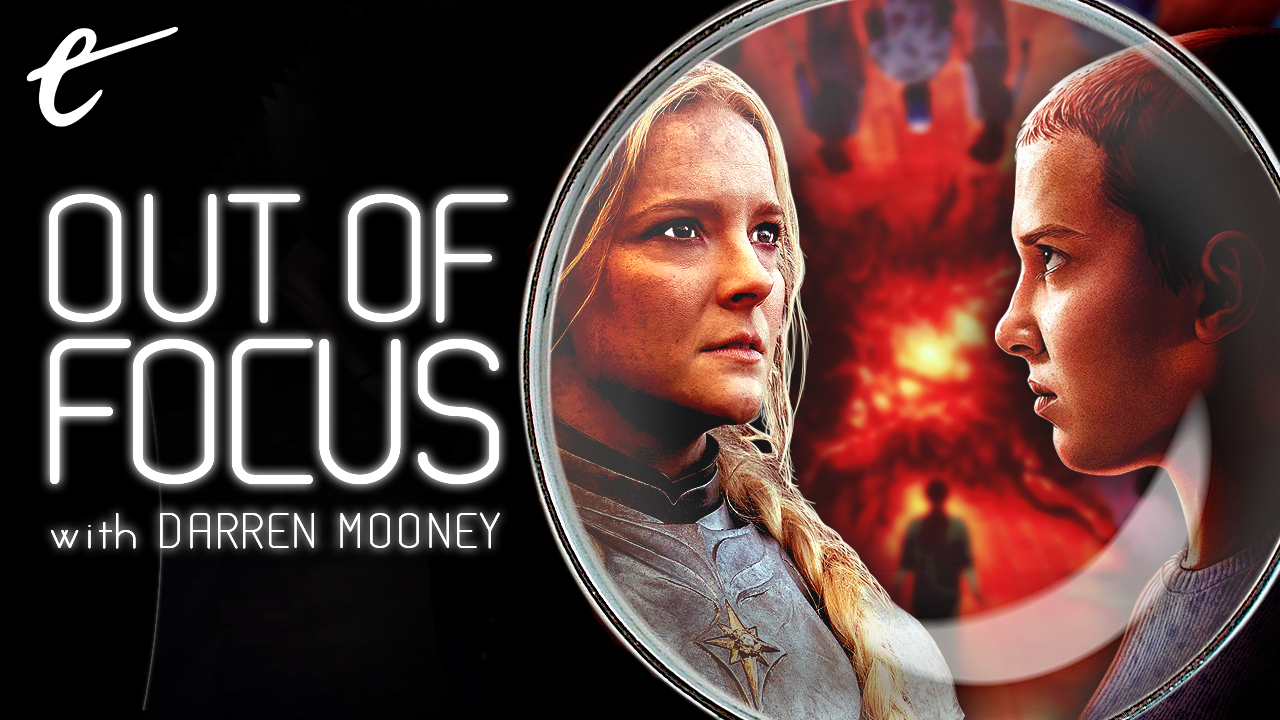
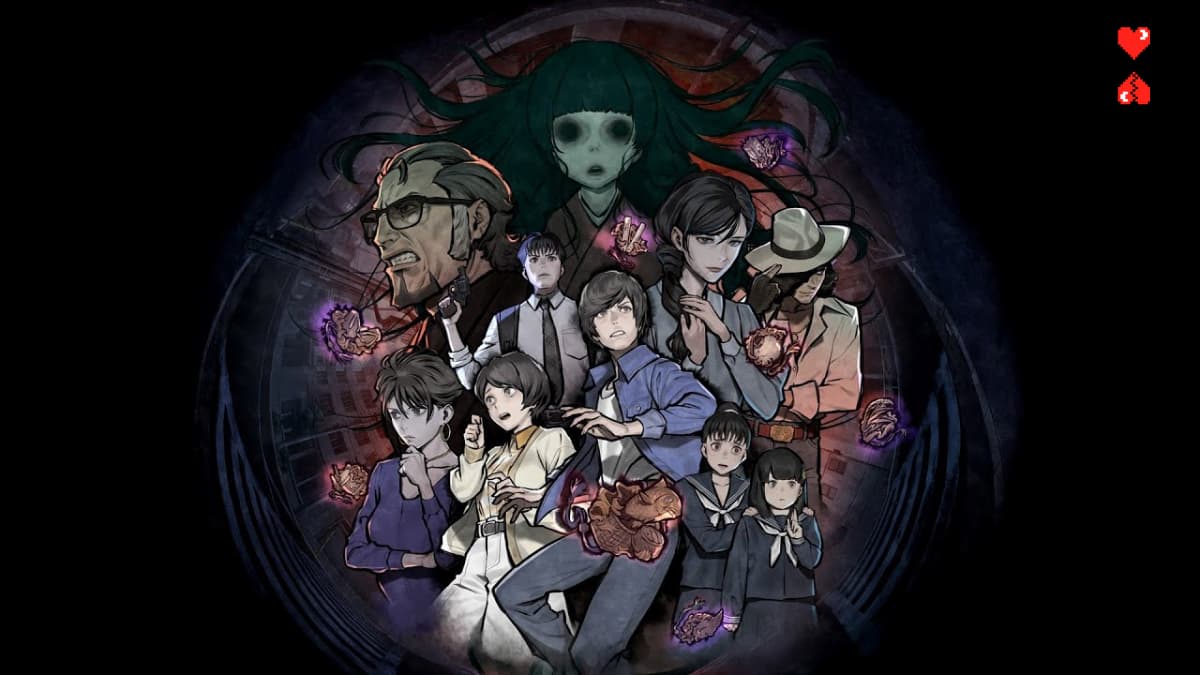
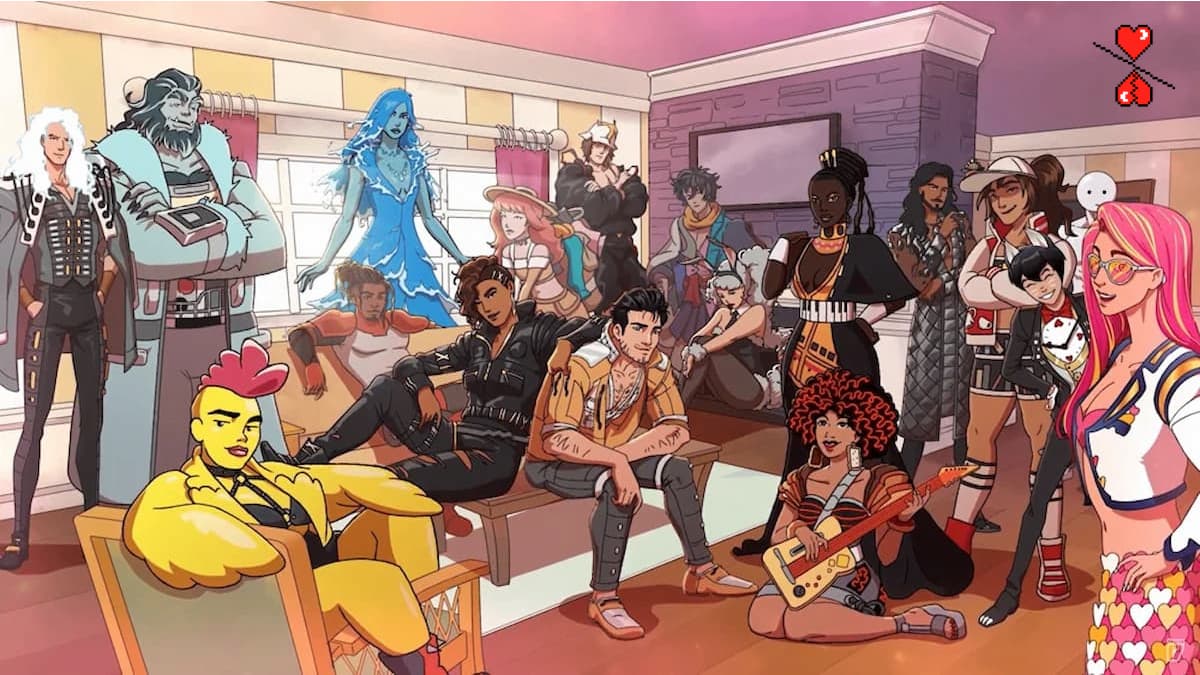

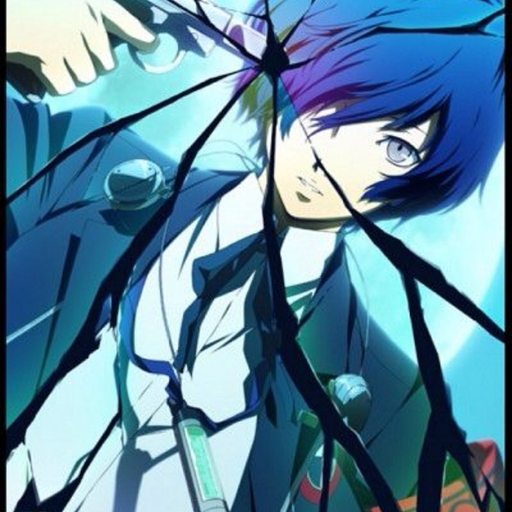
Published: Jun 16, 2023 4:00 PM UTC